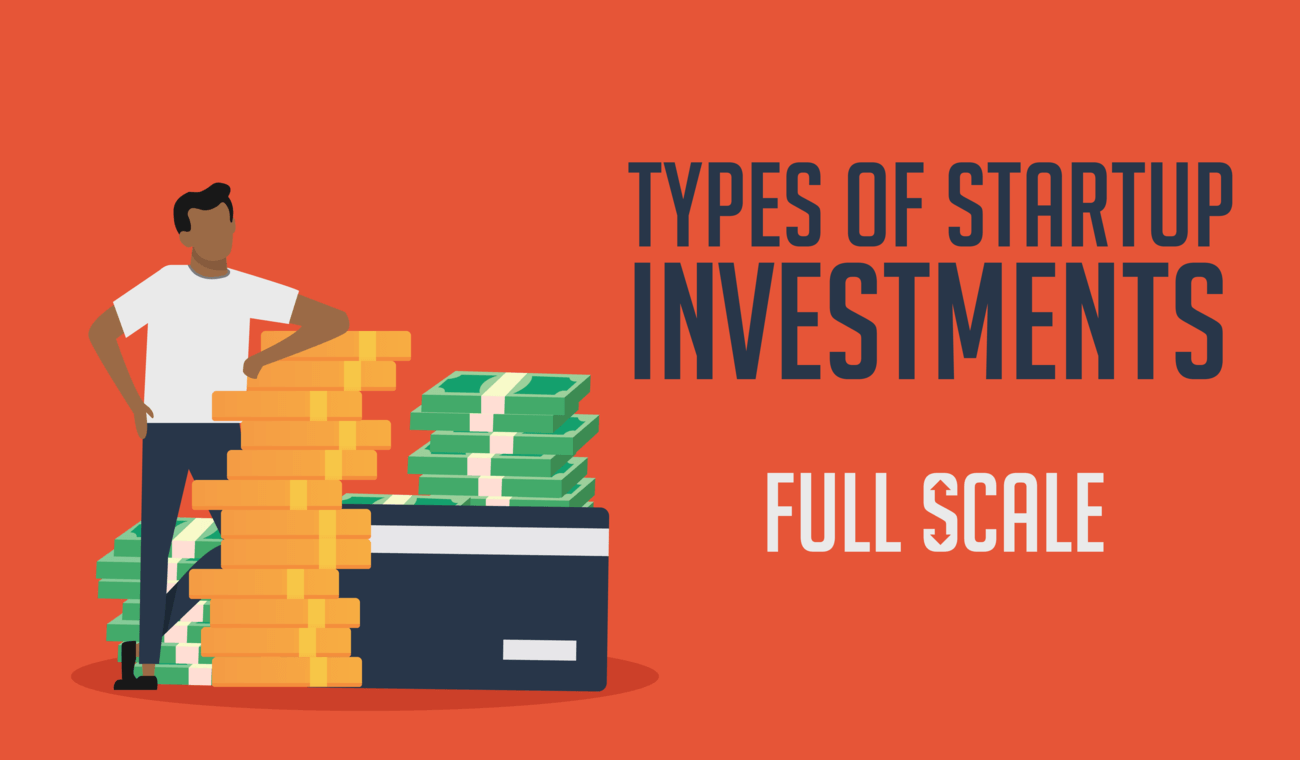Inquire
Exploring Investment Types in Startups

Investing in startups is not a one-size-fits-all endeavor. The world of startup investment offers a diverse range of options, each with its own risk profile, time horizon, and potential rewards. Whether you're a seasoned investor or someone just starting to explore this exciting field, understanding the different types of startup investments is crucial. In this comprehensive guide, we'll delve into various investment types in startups and help you navigate the landscape.
1. Equity Investment
Equity investment is one of the most common types of startup investment. In this arrangement, investors purchase ownership shares (equity) in the startup in exchange for their capital. Here's what you need to know:
Angel Investment: Angel investors are individuals who provide early-stage funding to startups in exchange for equity. They often offer mentorship and guidance in addition to capital.
Venture Capital (VC): Venture capital firms manage pooled funds from multiple investors to invest in startups. VC funding typically occurs at later stages of a startup's growth, such as Series A, B, or C rounds.
2. Convertible Notes
Convertible notes are a popular form of early-stage startup investment. Instead of receiving equity immediately, investors receive a debt instrument that can later convert into equity at a specified trigger event, such as a future funding round or maturity date. Convertible notes often come with a predetermined interest rate.
3. Preferred Stock
Preferred stock investment grants investors a type of equity that comes with preferential treatment over common stockholders. Preferred stockholders have priority when it comes to receiving dividends or payouts in the event of a company liquidation. This type of investment is commonly used in later-stage funding rounds.
4. Crowdfunding
Crowdfunding platforms allow a large number of individuals (the "crowd") to invest smaller amounts of capital in startups. There are two primary crowdfunding models for startups:
Equity Crowdfunding: Investors receive equity shares in the startup in proportion to their investment.
Reward-Based Crowdfunding: Backers receive non-equity rewards, such as early access to products or exclusive perks.

5. Debt Financing
While less common in early-stage startups, debt financing involves borrowing money from investors or lenders with the promise of repaying it with interest. Debt financing can be a suitable option for startups with steady cash flows.
6. Revenue-Based Financing
In revenue-based financing, investors provide capital to a startup in exchange for a percentage of the company's future revenue. This type of investment is particularly attractive to startups with consistent revenue streams.
7. Corporate Investment
Large corporations often invest in startups through strategic partnerships, acquisitions, or direct equity investments. These corporate investments can provide startups with not only capital but also access to valuable resources, expertise, and distribution channels.
8. Initial Coin Offerings (ICOs) and Token Sales
In the world of blockchain and cryptocurrency, startups can raise capital through ICOs and token sales. Investors purchase tokens, which may represent a stake in the project or provide access to specific services or products within the startup's ecosystem.
9. Real Estate Crowdfunding
For startups in the real estate sector, real estate crowdfunding platforms enable investors to pool their resources and invest in real estate projects. Investors receive a share of the rental income or profits from property sales.
10. Impact Investing
Impact investors prioritize startups that aim to generate a positive social or environmental impact alongside financial returns. Impact investing can encompass various investment types, including equity, debt, and grants.
The world of startup investment is dynamic and diverse, offering a multitude of options to suit different investor preferences and risk appetites. As you explore these various investment types, it's essential to conduct thorough due diligence, understand the unique characteristics of each investment vehicle, and align your investment choices with your financial goals and risk tolerance. With the right approach, you can become a valuable contributor to the growth and success of innovative startups while potentially reaping substantial rewards in return.


- Managerial Effectiveness!
- Future and Predictions
- Motivatinal / Inspiring
- Другое
- Entrepreneurship
- Mentoring & Guidance
- Marketing
- Networking
- HR & Recruiting
- Literature
- Shopping
- Career Management & Advancement


 SkillClick
SkillClick